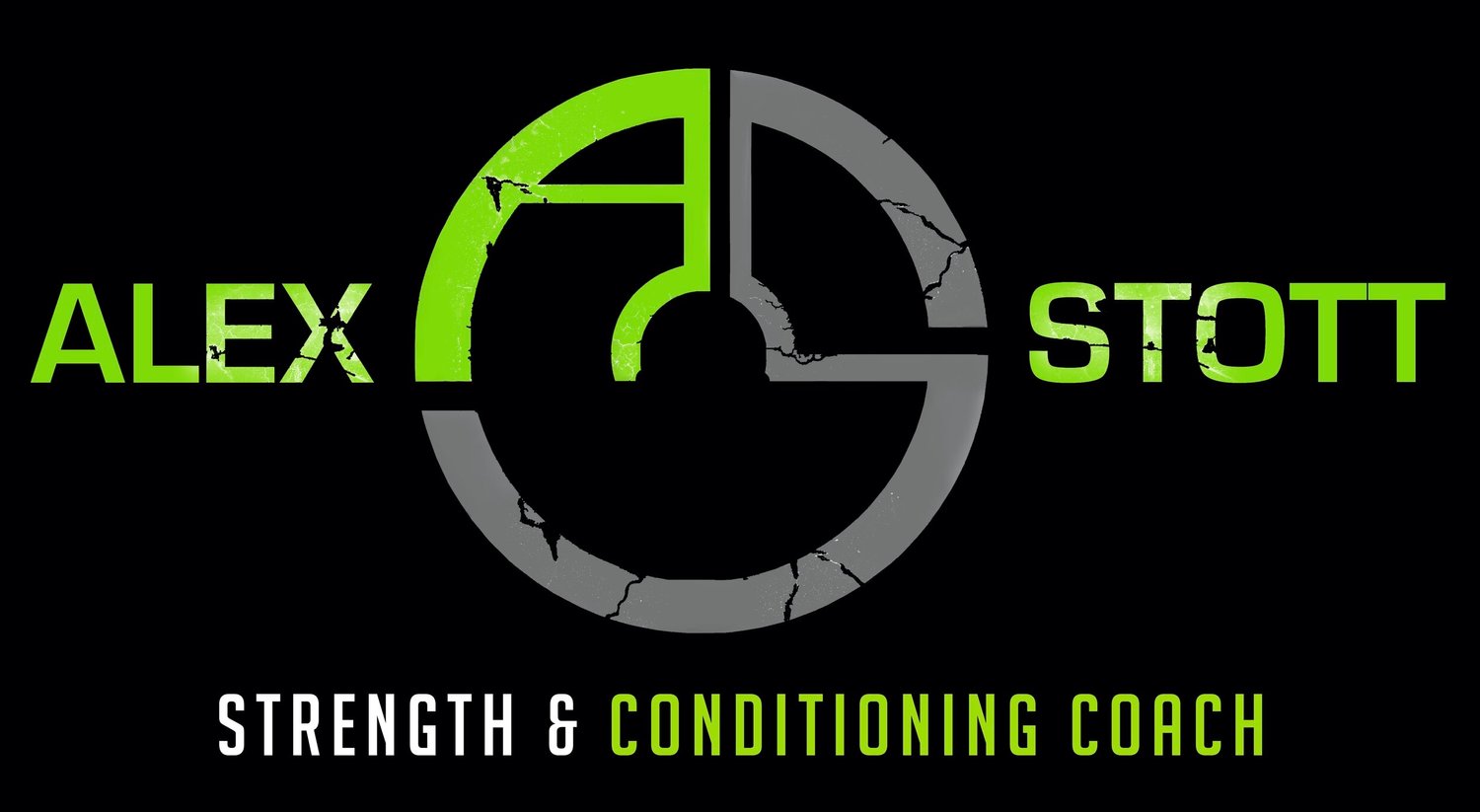Training Physical Qualities Not Sporting movements
When it comes to athletic performance there is a trend more and more for coaches and athletes to try and replicate specific sporting movements and actions in the gym to try and improve performance. However is this really maximising both the athlete’s time when in the gym and the results that they see from their training?
I would argue not, while yes there are a few exceptions to this for the vast majority this is doing the athlete a disservice.
When it comes to any sporting performance for athletes time to dedicate to their strength is often limited meaning there is a need to maximise every second that athlete spends in the gym. At the end of the day all athletes from marathon runners, to sprinters, team sports players, racing drivers and so on spend significant amounts of time performing specific practice for their sport.
Runners will put miles in the legs running, sprinters will have dedicated technical sessions to work on mechanics, team sports players have their training as a team and with dedicated coaches for the sport working on specific skills and drills, drivers spend huge amounts of time testing, on simulators or driving. This gives them a significant volume of work on the movements that they perform when competing. So why would we add more of these movements into their time in the gym?
With the limited face to face time with athletes that time is better spent identifying areas of weakness that the specific sport training doesn’t improve. Not to mention that there are physical and physiological variables that we can develop and enhance in the gym in a manner that is far more controlled than in the sport specific arena. This is where the most value can be added.
While there are a few sports such as Olympic Weightlifting where this distinction is blurred and it becomes very difficult to avoid training the sport specific movements in the gym for most athletes this isn’t the case. Instead the limited time can be used to enhance movement qualities, build strength, power and muscular endurance or to develop the energy systems associated with the sport. This allows us to build a much bigger physiological platform on which the athletes can then build in their sport specific sessions ultimately enhancing performance more than trying to replicate the sport in the gym.

